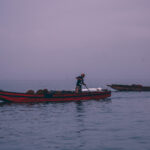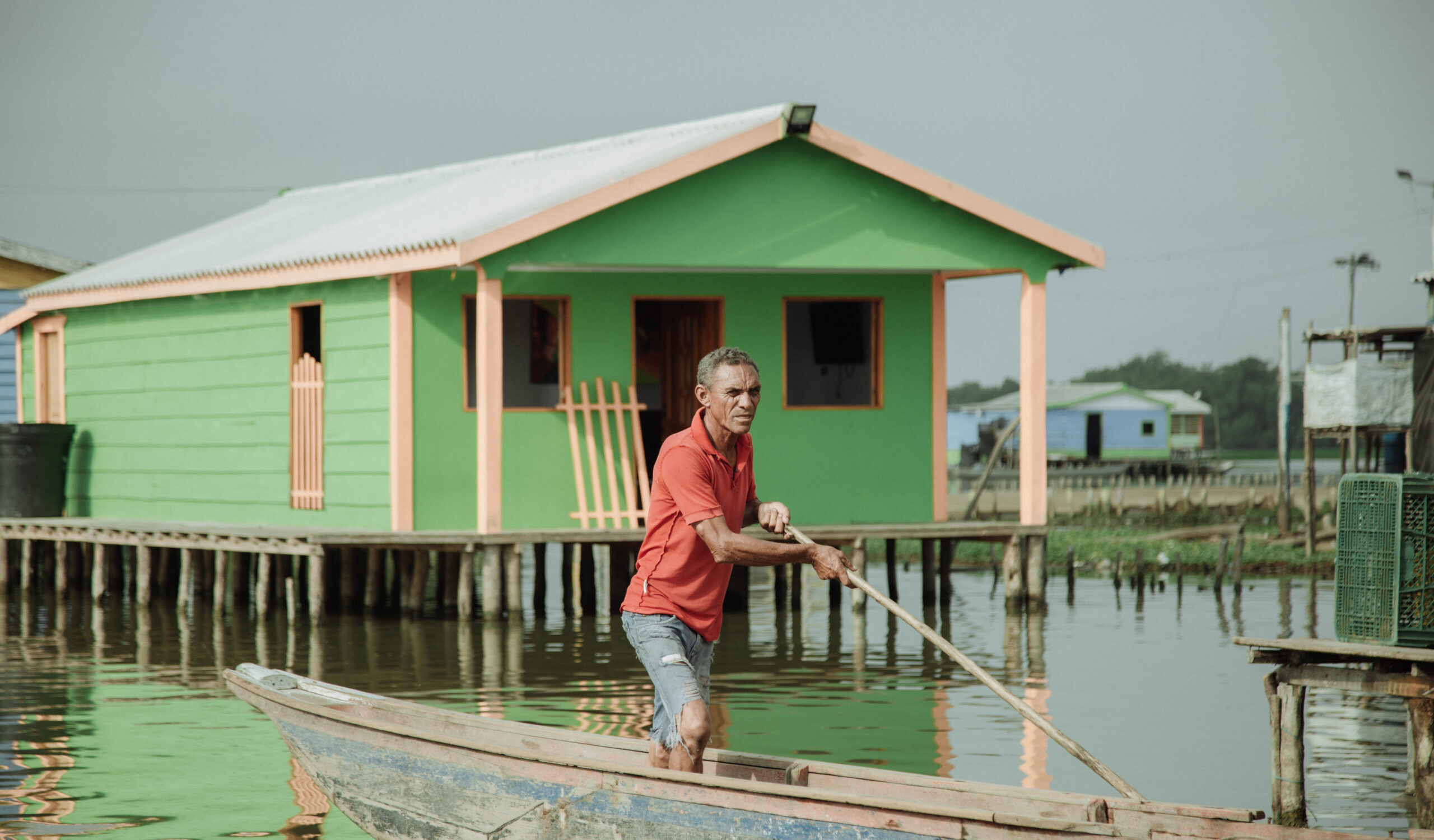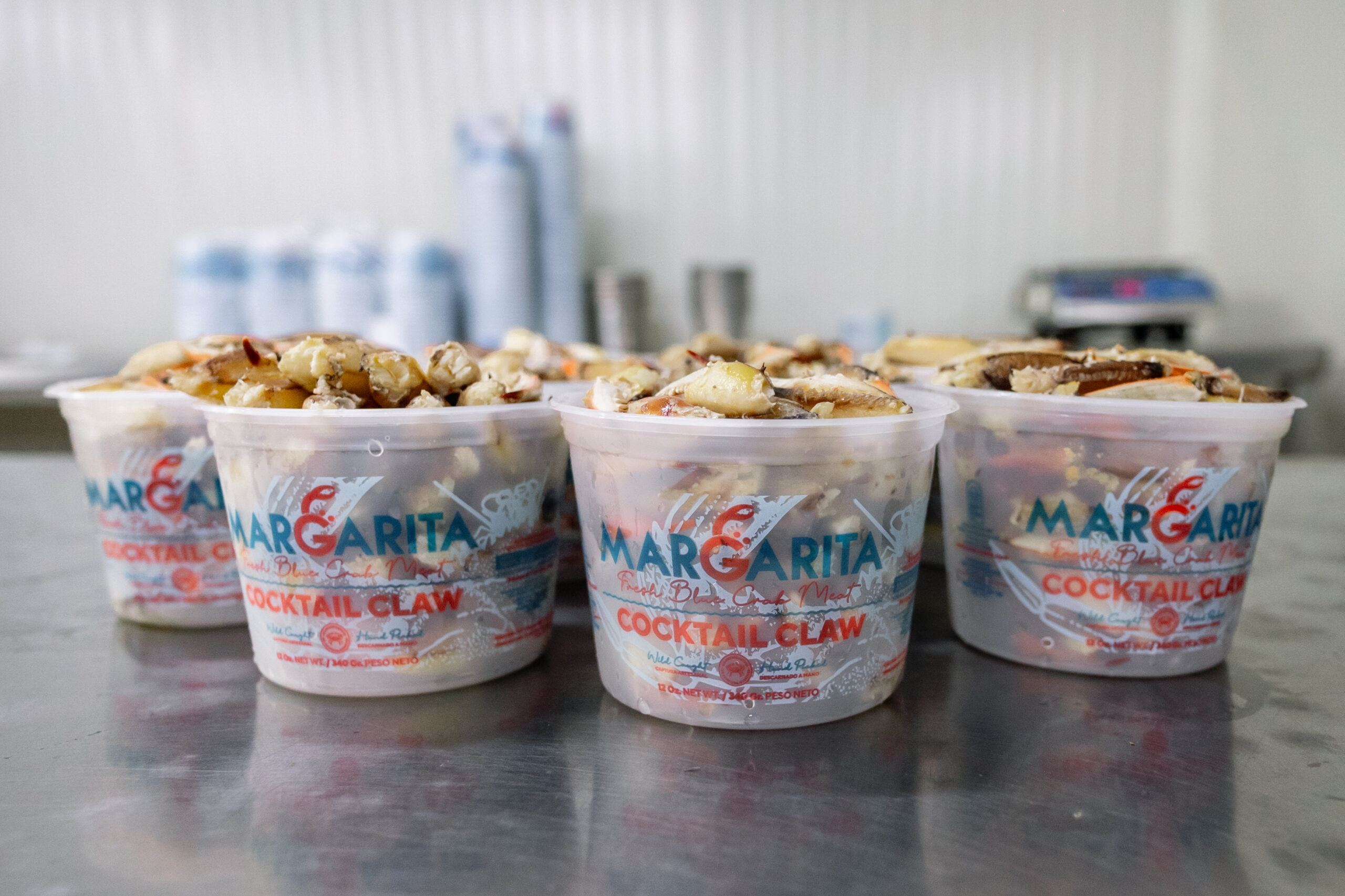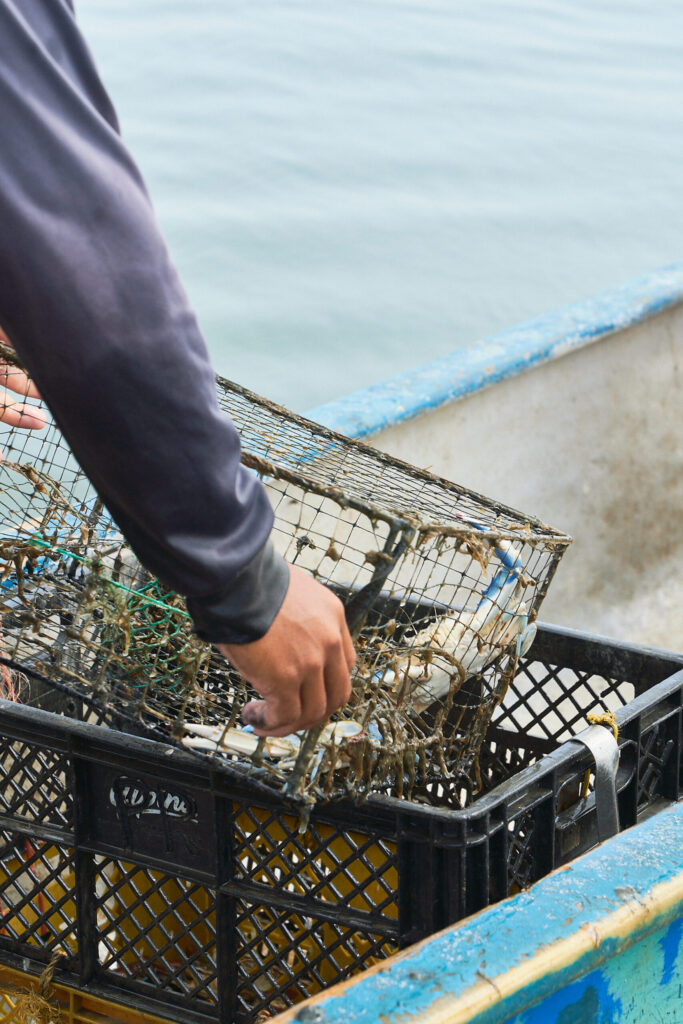Protecting Marine Ecosystems Through Responsible Fishing
In the global seafood industry, the demand for responsible sourcing is higher than ever. Traceability is no longer just a regulatory requirement—it is a fundamental pillar of food safety and consumer trust. When it comes to blue crab, one of the most prized seafood products, robust traceability systems ensure that every product comes from legal and sustainable fisheries, meeting international standards while maintaining the highest quality.
This article explores the importance of traceability in the blue crab supply chain and how advanced tracking, responsible fishing, and rigorous quality control work together to ensure a transparent seafood sector.
Traceability as the Foundation of the Supply Chain
Traceability in the seafood industry goes beyond simple data recording; it serves as the foundation for regulatory compliance and ethical business practices.
A fully traceable supply chain ensures that every stage, from harvesting to distribution, adheres to industry regulations and meets consumer expectations.
Companies that implement traceability measures can prevent illegal fishing, maintain product quality, and strengthen trust in the market.
The way we source seafood today will determine the health of our oceans for future generations. As global demand for seafood continues to rise, ensuring that wild-capture fisheries operate sustainably is not just an industrial ethics issue but a necessity for marine conservation.
Unlike aquaculture, which relies on controlled environments, responsible fishing allows for the natural regulation of populations, supports biodiversity, and sustains coastal communities that have relied on the sea for centuries. When managed correctly, wild-caught seafood offers an environmentally sound solution to meet global seafood needs without compromising ecosystem balance.
The Pillars of Sustainable Fishing
A truly sustainable wild-caught fishery follows key principles that balance environmental conservation with economic viability:
- Catch Limits and Quotas: Scientific research determines safe catch limits to prevent overfishing and protect fish populations. These regulations ensure that fishing remains viable for future generations while preventing the decline of key species.
- Seasonal Fishing Bans: Implementing closed seasons during breeding periods allows species to regenerate naturally, maintaining healthy population levels. Year after year, at Doral International Foods, we pause our harvesting operations to respect these closed seasons, ensuring species sustainability and the preservation of marine ecosystems.
- Selective Fishing Techniques: Using equipment that minimizes bycatch prevents unnecessary harm to non-target species and reduces ecosystem disruption. At Doral International Foods, we exclusively use hand-held lines for capture, avoiding the use of nets or traps that could harm marine ecosystems.
- Community-Based Fisheries Management: Involving local fishing communities in sustainability efforts ensures that traditional knowledge is combined with modern conservation strategies, leading to better resource management and economic resilience. In Venezuela and Colombia, we work with entire communities that have perfected artisanal fishing techniques for decades. This model not only preserves local culture but also generates job opportunities and strengthens the economies of coastal regions.
How Responsible Fishing Maintains Ecosystem Balance
Without regulation, uncontrolled fishing can have devastating environmental consequences, from species depletion to habitat destruction. However, responsible fishing plays a crucial role in maintaining balance:
- Preserving Biodiversity: Overfishing disrupts marine food chains, but responsible practices help maintain delicate predator-prey relationships that sustain ecosystems.
- Maintaining Ocean Carbon Capture: Marine life plays a vital role in absorbing carbon dioxide. A balanced ecosystem, supported by sustainable fishing, helps mitigate climate change impacts.
- Protecting Essential Habitats: Certain fishing methods can damage seabeds and coral reefs. Responsible fisheries avoid destructive gear and focus on sustainable fishing zones that allow ecosystems to recover naturally.
Doral International Foods: Leading Sustainable Wild-Caught Seafood
At Doral International Foods, we believe that sustainability is not just a commitment but a responsibility. As a company specializing in wild-caught blue crab, we ensure that every step of our sourcing and processing aligns with the highest environmental and ethical standards. Our sustainability approach includes:
- Direct Collaboration with Local Fishing Communities: We work closely with traditional fishers who have practiced responsible fishing for generations, supporting both their livelihoods and the long-term health of marine species.
- Compliance with Global Sustainability Standards: Our operations comply with strict HACCP regulations and align with the National Fisheries Institute (NFI) to guarantee traceability and responsible sourcing.
- Advanced Monitoring Systems: Through GPS tracking and meticulous documentation, we verify that each catch is legally and ethically obtained, allowing full traceability from ocean to market.




